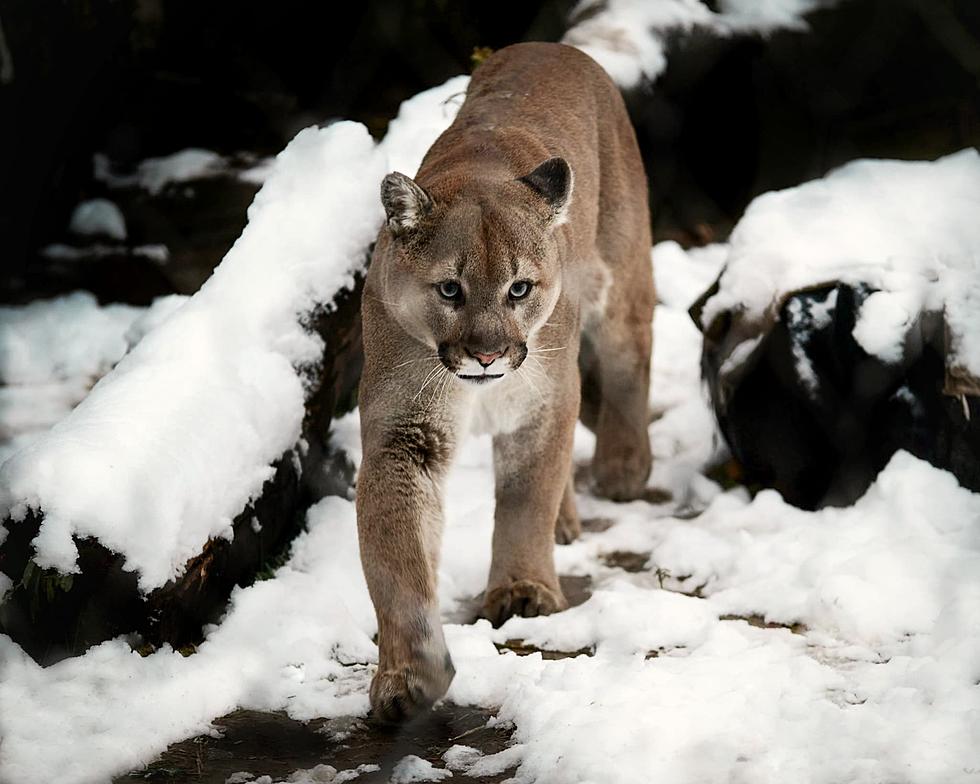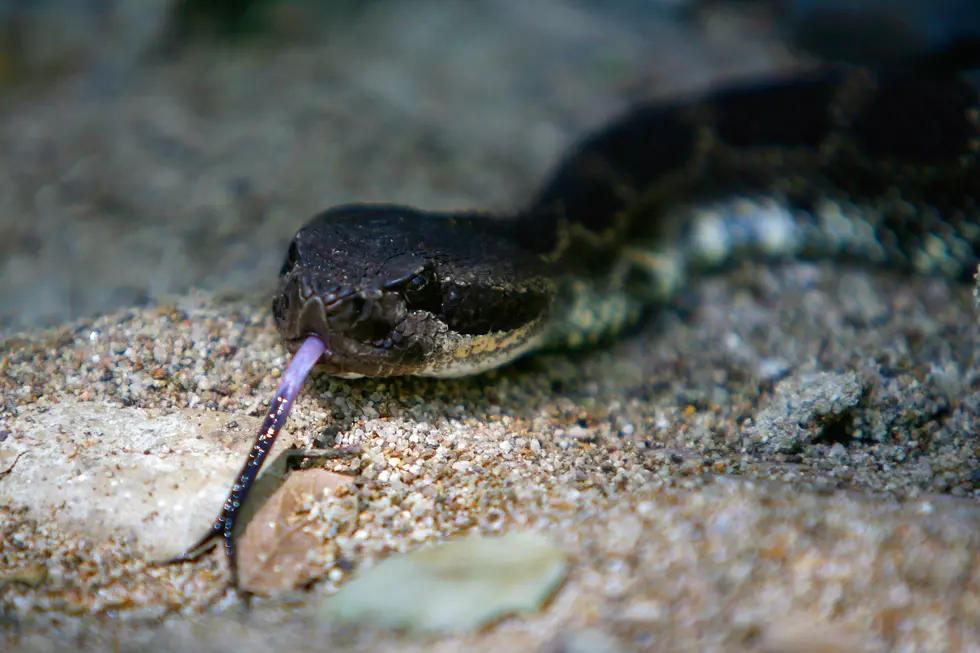
Lake Superior Zoo Revue: Cougars
The Lake Superior Zoo has a huge variety of animals from ones you could hold in your hand to very dangerous big cats like Tacoma and Olympia. Many of us have seen the video of the jogger who ran into a momma cougar when out for a run and he was lucky to get away without injury as she stalked him for a while trying to protect her cubs.
Thankfully Tacoma and Olympia (Ollie) are safely stationed in their exhibit and are beautiful elegant animals. These two came to Lake Superior Zoo last Spring as orphaned cubs from Washington State. Sadly the cubs were found after their mother was killed illegally and were rescued by the Department of Fish & Wildlife. If they were not rescued they would have never survived in the wild. Both cubs were about 30 pounds when they arrived at the zoo.
You can find Tacoma and Olympia next to Tundra and Banks the brown bears, they enjoy spending time up high on their rock features checking out their neighbors and all the visitors, especially Ollie.

Cougars are also known as mountain lions or pumas and can grow up to 190 pounds and live up to 20 years in protected human care. At one time cougars roamed through most of North America, however now they are only found in Western regions of Canada, the US, and Mexico. Their population is decreasing due to habitat loss and illegal hunting activity.
Cougars are carnivores and eat a wide range of animals such as deer, elk, or rabbits. They are most active at dusk or dawn, but Tacoma and Olympia really enjoy interacting with guests at any time during the day! They can run up to 50 MPH when in a full sprint and can leap around 15 feet up a tree! Cubs have spots and rings that help keep them camouflaged when they are young, but these fade as they get older. Fortunately human encounters are RARE, but if you were to encounter a cougar stop and do not run. Do not act timid, you should stand tall and look bigger by raising your arms. Give the cat some space and time so it can move on. Or like the jogger did in that video yell and walk backwards slowly.
OH NO WE DIDN'T: 12 Photos That Prove That Alpacas Are Cuter Than Llamas
More From MIX 108









